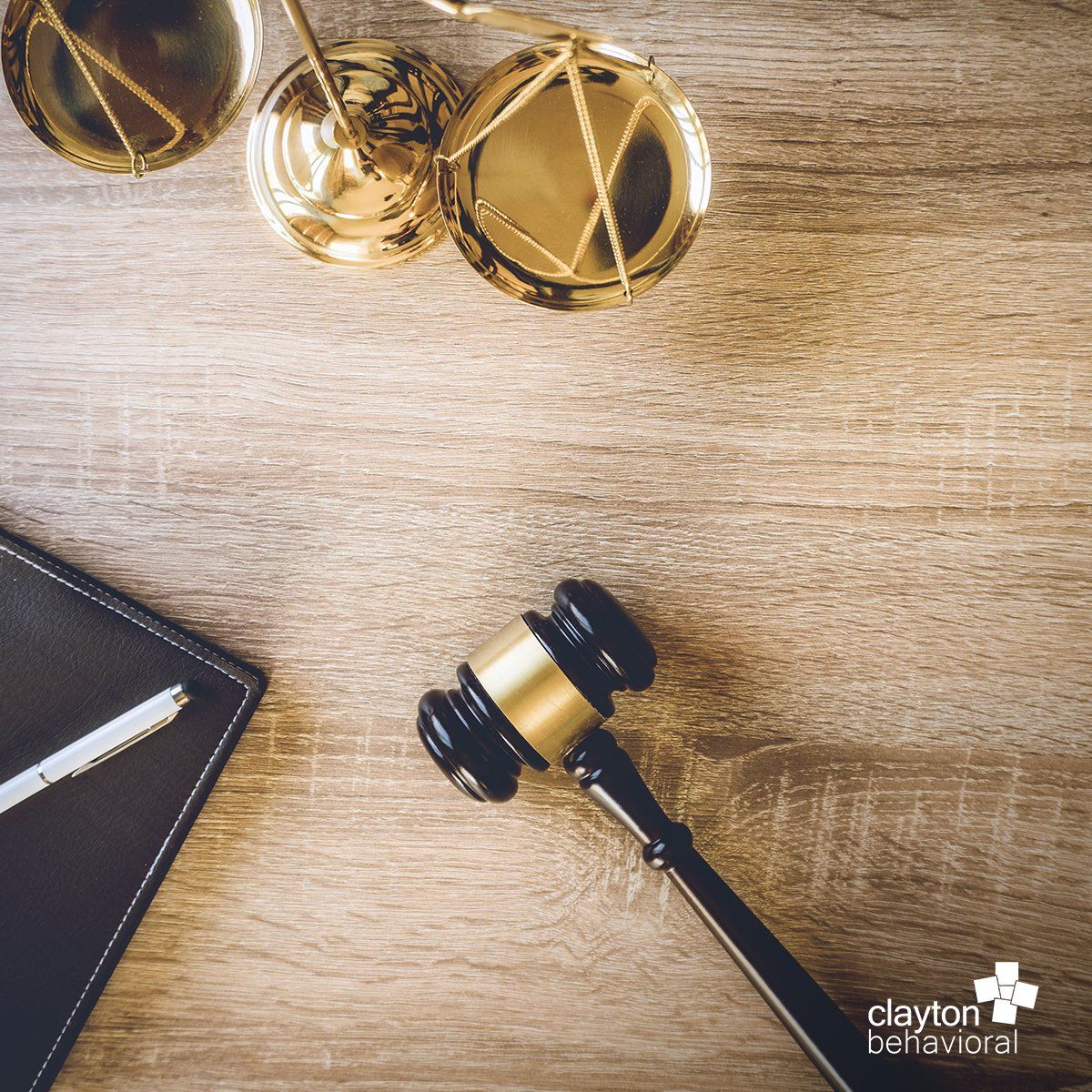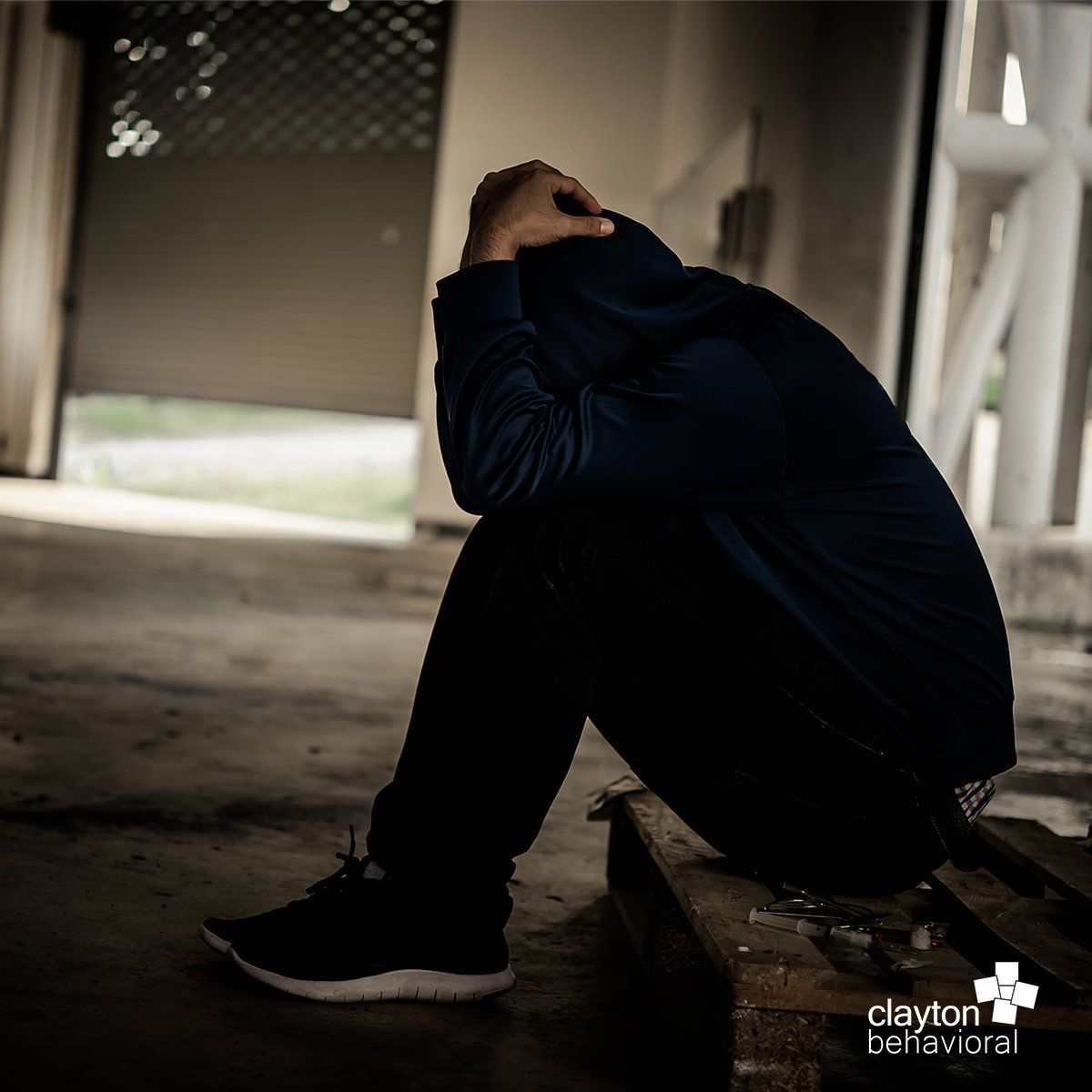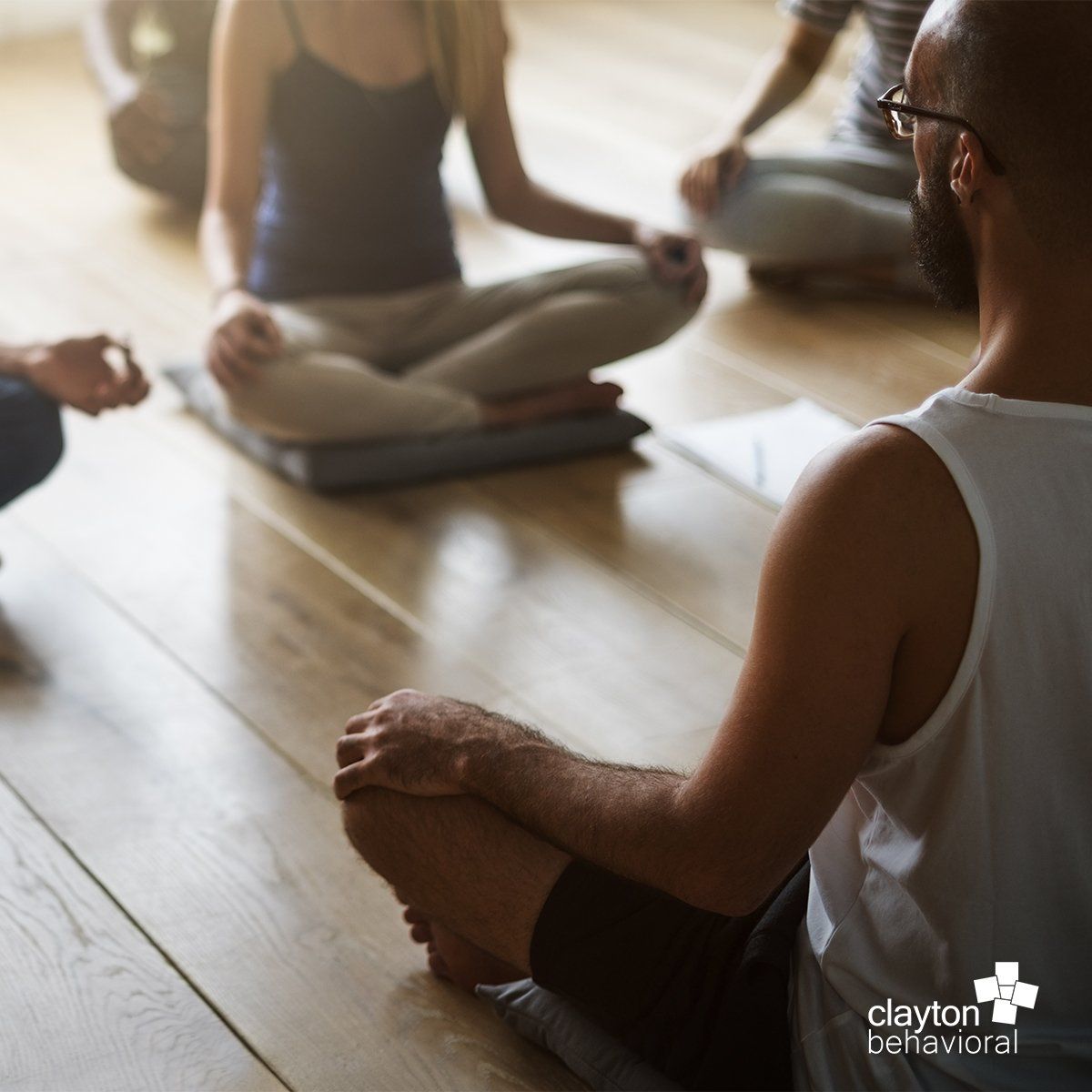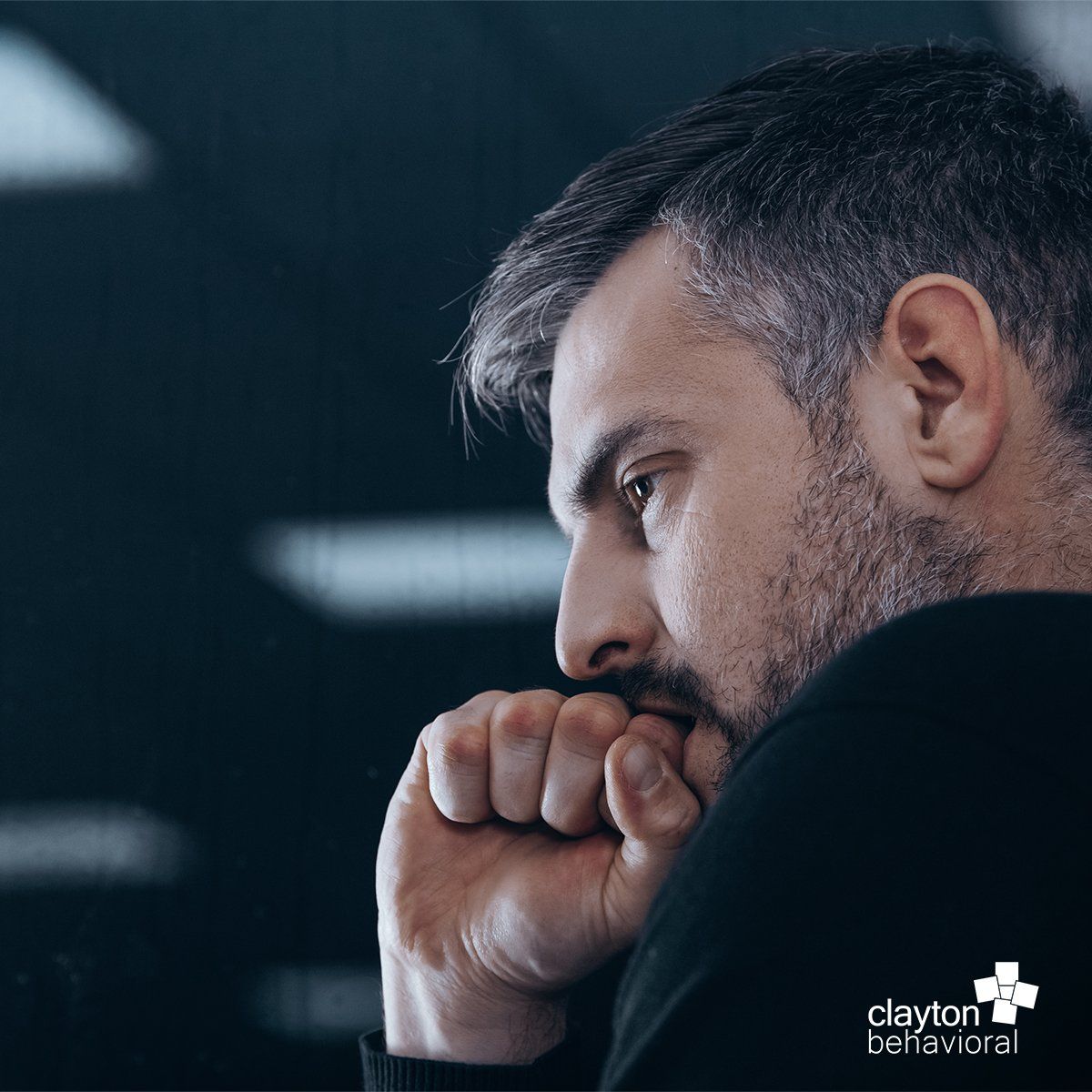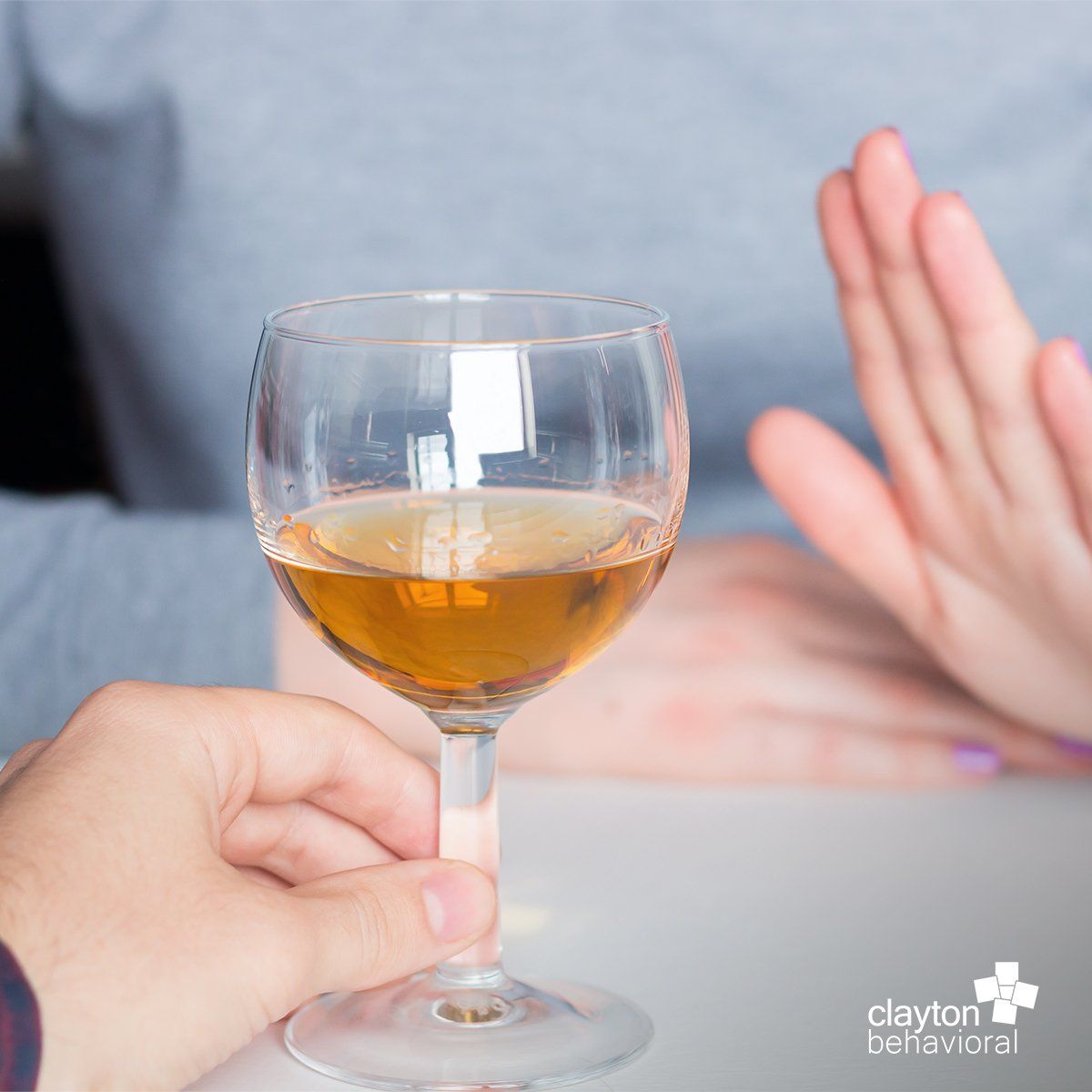Panic Attack...

Panic attacks are common and often debilitating episodes of sudden onset that include a number of symptoms such as palpitations, shortness of breath, a choking sensation, chest pain, sweating, shaking, nausea, dizziness and fear of losing control or dying. Other less common symptoms include derealization (an alteration of the way we see the world so that it seems unreal) or depersonalization (the feeling of watching ourselves act without having control of the situation). In severe cases, many activities of daily living are associated with attacks, and as a result patients become homebound ( agoraphobic ).
Anxious patients tend to monitor (scan) their bodies for trivial background sensations. They fixate on them, magnify their intensity and catastrophize their meaning. We all have occasional "body noises": aches, pains, itches, mild dizziness, etc. The anxious patient will monitor , focus , amplify and catastrophize these feelings. Consulting "Dr. Google" tends to worsen the problem since it often gives more ammunition to the anxious mind to wrongly conclude that a serious health problem is taking place.
Medications and/or Cognitive Behavioral Therapy (CBT) are excellent treatment modalities for this debilitating disorder. The benzodiazepines (Xanax, Ativan, Klonopin, etc) are effective in aborting an attack and turning off the symptoms once they appear. The SSRIs (Prozac, Paxil, Zoloft, Celexa, Lexapro, etc) and the SNRIs (Cymbalta and Effexor) are very successful in preventing panic attacks from occurring. Often, patients need to combine a benzodiazepine with an SSRI/SNRI at the onset of treatment, since the latter will take a few weeks to work. Once attacks no longer occur, benzodiazepines are rarely necessary and may be used only "as needed" for high-risk situations, like flying on airplanes.
A cognitive approach to panic teaches the patient to recognize its symptoms as inconsequential and not as evidence of a serious disease, such as a heart attack. This workbook is a good source of information on how to de-escalate the anxiety that a patient feels upon the onset of symptoms. If, soon after the appearance of the first panic symptoms, a patient's anxiety escalates, the patient becomes convinced that a serious health problem is taking place, and a full attack ensues (hence, a self-fulfilling prophecy). Panic symptoms are mostly the appropriate response we have to a dangerous situation...but they happen when no real danger exists!
Contact Us
9890 Clayton Rd, Suite 100
St. Louis, MO 63124
Annex
9904 Clayton Road, Suite 135
St. Louis, MO 63124


